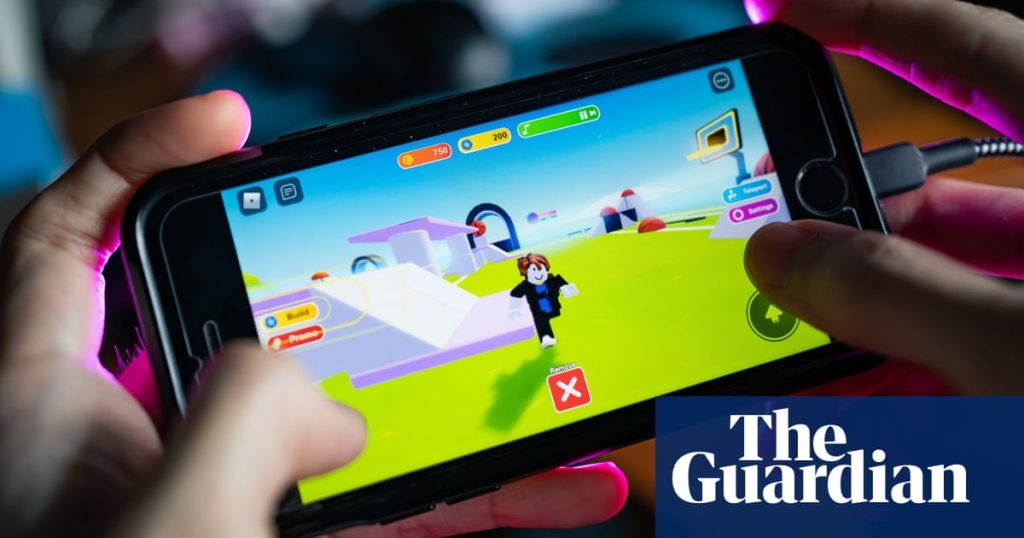The Popularity of Roblox and Concerns Over Child Monetization
Over the past ten years, Dean has curated an impressive collection of video games, ranging from blockbuster titles to niche favorites. His digital library resembles a contemporary version of Blockbuster, instantly available with a couple of clicks. However, his son, Sam, has a singular focus: Roblox, the massive virtual world and video game that ranks among the most popular globally.
Roblox’s Daily Engagement
The platform boasts over 97 million daily users, with around 40% under the age of 13, like Sam. In 2024, Roblox reported a revenue of approximately A$5.6 billion (US$3.6 billion), primarily generated from its virtual currency, “Robux,” with users spending an average of around A$25 monthly.
Concerns Surrounding Children’s Interaction with Roblox
While the potential for bullying and exposure to inappropriate content has been a major concern regarding children’s use of Roblox, a recent report highlights new worries about video game monetization’s effects on kids.
Ineffective Classification Systems
Experts argue that Australia’s current game classification system fails to adequately assist child gamers and their parents in navigating complex monetization strategies. New investigations are shedding light on “dark design patterns,” which manipulate player behavior and often make spending money feel misleading or confusing, especially for children.
Insights from Recent Studies
A report from Monash University and the Consumer Policy Research Centre reveals that 83% of surveyed gamers (18+) experienced negative effects from these patterns, with many feeling pressured to spend more than intended. Interviews conducted with children aged 7-14 further show that many young players feel misled, particularly when they inadvertently lose access to items they purchased.
Regulatory Changes in Australia
To combat children’s exposure to monetized random reward mechanisms, Australia has instituted a new classification system, effective September 2024. Games featuring such mechanics, like loot boxes, must now be rated for audiences aged 15 and older. However, many existing games remain unclassified under these new guidelines unless developers choose to update.
Ongoing Parental Challenges
Despite regulatory efforts, Dean strives to help Sam navigate these complexities, discussing his in-game purchases with him. While Sam is still disappointed about losing a digital item—a Godzilla skin in a popular Roblox game—he has moved on to another game, assuring his dad that it doesn’t involve loot boxes.



